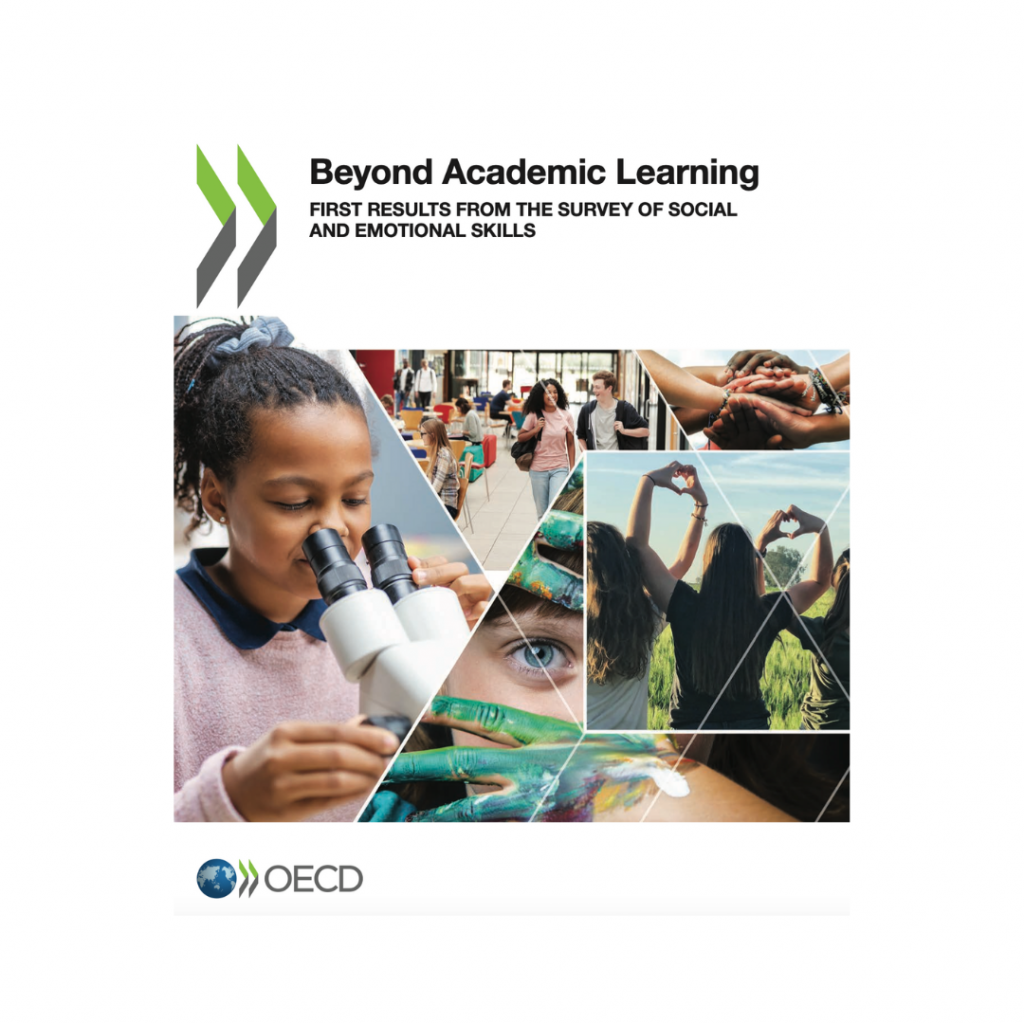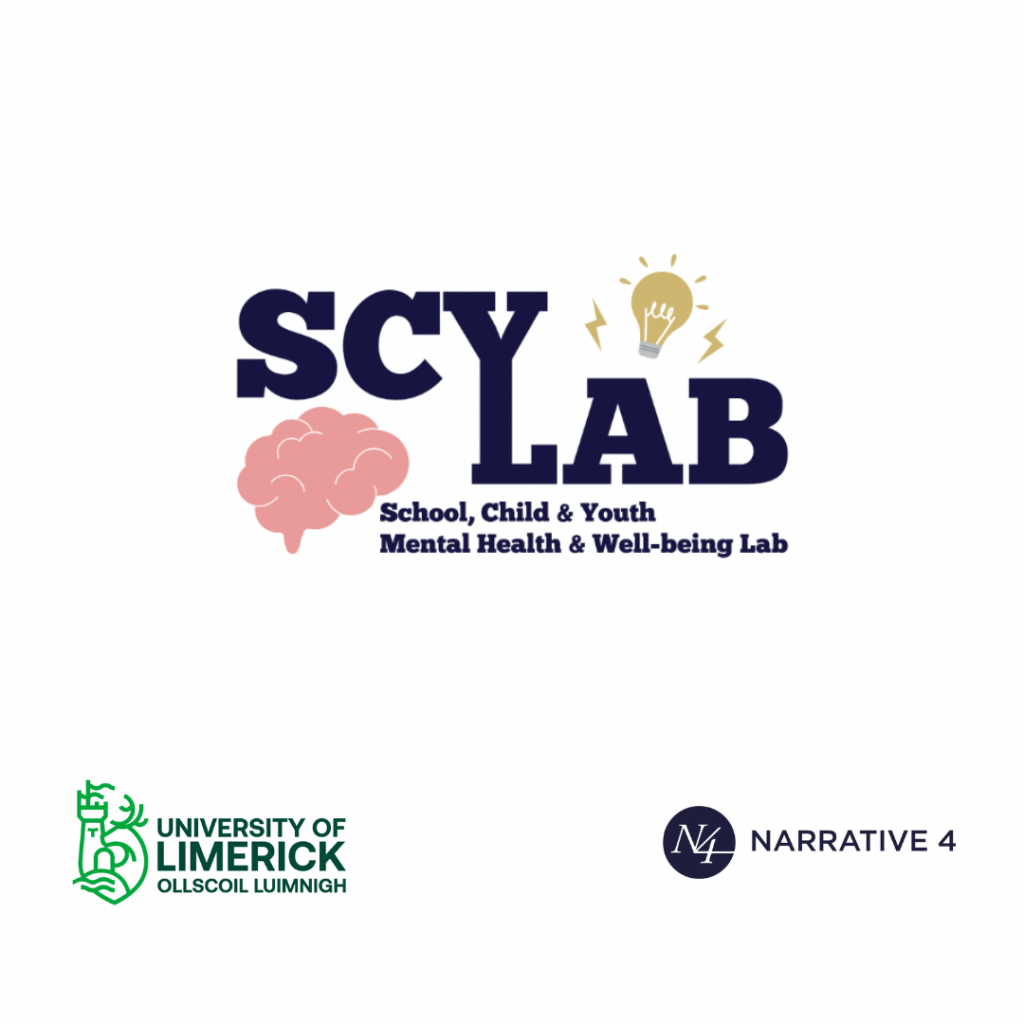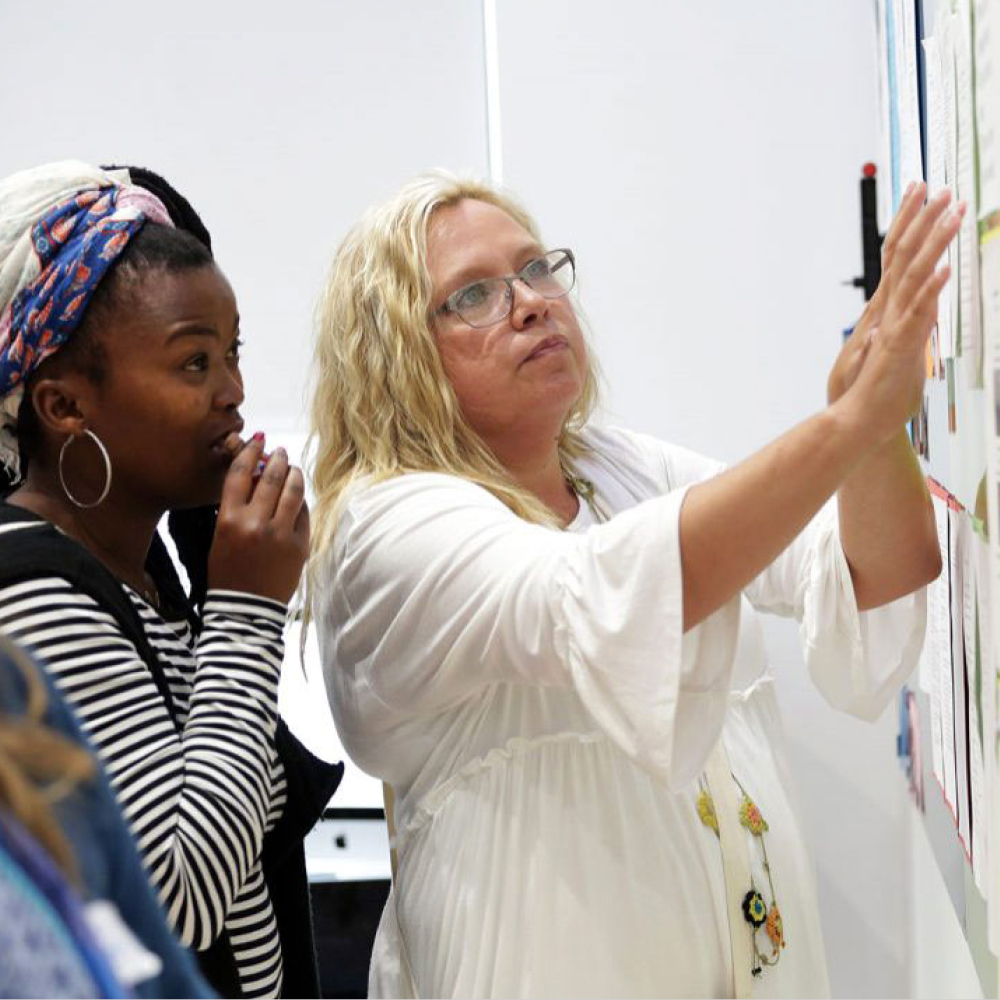“It’s great to find you’re not alone”, mapping the evidence base
Everyone who experiences the Story Exchange speaks about a strong sense of connection, but what does the research say?


Research Context
Social-emotional development is a multidimensional construct that includes a number of inter- and intra-personal processes related to the acquisition of fundamental social-emotional competencies, such as: the ability to understand, recognize, and label one’s own and others’ emotions; appropriately express, control, and regulate one’s own feelings and behaviors; effectively establish, maintain, and manage social relationships; and make responsible choices and decisions (Cohen, Onunaku, Clothier, & Poppe, 2005; Hoffman, 2009).
Narrative 4 use a core methodology of the Story Exchange. Narrative is a technique used by humans to make sense of the world for centuries. It is especially useful in childhood and adolescence as a tool for young people to explore identify and make sense of the world around them. Areas that storytelling might impact on most: Empathy; Identity; Self-awareness; Self-concept; Self-expression; Language & communicative competence; Motivation; Increased self-regulation; Prosocial behaviour; Decision making.
OECD Findings – First results from the Survey of Social and Emotional Skills 2021 International agencies such as the OECD recognise that increasingly success in education relies not just on cognitive development but on character development that supports students to think for themselves, and join others with empathy, in work and citizenship, motivate and organise their own learning as well as channel creativity, sociability and energy. Social and emotional skills are the cornerstone of student’s wellbeing and academic achievement, and recent findings indicate the need to hone these skills both directly and indirectly. Some key findings of the recent OECD survey of social emotional skills in students 11-15 years across the OECD area (OECD, 2021) that inform the research relationship between UL and Narrative 4 are:
- 15-year-olds report on average lower social emotional skills than their 10-year-old counterparts, especially in curiosity and creativity
- Boys report higher social emotional skills than girls on dimensions of creative talent, which impacts on the career paths chosen by the different genders
- Boys report higher level of skills on emotional regulation skills such as stress resistance, optimism, and emotional control as well as important social skills such as assertiveness and energy
- Girls report higher level of skills related to task performance such as responsibility and achievement motivation and on skills related to interconnectedness such as tolerance, empathy and cooperation.
- Students from disadvantaged backgrounds report lower level of social emotional skills than their advantaged counterparts on every skill measured, in all participating cities
- There were also significant differences within schools indicating a lack of systematic approaches to the development of social emotional skills.

Interventions – Building the Evidence Base
Narrative 4 has teamed up with researchers from the University of Limerick to expand the evidence base around the Story Exchange which is currently being prepared for publication.
Gill, J., & McMahon, J. (2025). An Evaluation of a Story Exchange Teacher Training Intervention to Promote Empathy.
Key findings:
- The programme enhanced student/teacher & professional relationships.
- The teachers found that their own empathy skills increased.
- Emphasised the importance of developing students social emotional skills systematically stating that it was ‘absolutely essential’.
Read the study here.
Narrative 4 students in the USA feel more supported, according to
Yale University.
In 2015, the Center for Emotional Intelligence at Yale University launched the Emotion Revolution Survey. In this nationwide survey, researchers asked high school students about their emotions and experiences at school.
In contrast to many other schools, students at Narrative 4 schools experienced positive emotions more frequently than students in the national sample. The reported benefits were:
- Improved communication skills
- More positive relationships with teachers
- Feeling that teachers know their interests
